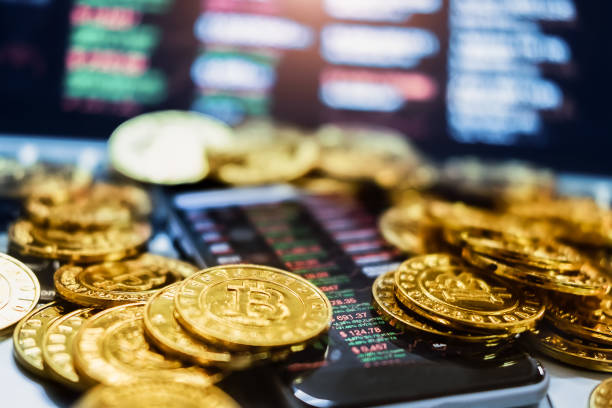As the value and popularity of Bitcoin continue to soar, ensuring the safety and security of your digital assets has never been more crucial. Unlike traditional currencies backed by financial institutions, Bitcoin operates on a decentralized network, placing the responsibility of safeguarding your funds squarely on your shoulders. This article delves into the vital importance of Bitcoin backup and provides practical, actionable strategies to help you protect your valuable cryptocurrency holdings.
- The Essence of Bitcoin Backup
Bitcoin transactions are facilitated through a pair of cryptographic keys: a public key, serving as your wallet’s address, and a private key, granting access to your funds. The process of backing up your Bitcoin wallet involves securely storing your private keys to enable the restoration of access to your funds in case your wallet is lost, damaged, or compromised.
- Why Bitcoin Backup Matters
Implementing a robust backup strategy for your Bitcoin wallet is essential for several reasons:
- Irreversible Transactions: Bitcoin transactions are irreversible, meaning that if funds are sent to the wrong address or stolen, recovering them is impossible.
- Hardware Failure: Storing your Bitcoin wallet on a computer or mobile device exposes it to risks such as hardware malfunctions, malware, or accidental deletions.
- Human Error: Losing or forgetting your private keys can lead to the permanent loss of access to your Bitcoin funds.
- Types of Bitcoin Wallets
Before discussing backup strategies, it’s important to understand the different types of Bitcoin wallets available:
- Software Wallets: These wallets are installed on your computer or mobile device, offering a balance of convenience and security. Examples include Electrum and Exodus.
- Hardware Wallets: Physical devices that store your private keys offline, providing an additional layer of security. Popular options include Ledger, Trezor, and KeepKey.
- Paper Wallets: A piece of paper containing your private and public keys, usually in QR code form. While safe from digital attacks, paper wallets can be lost or damaged.
- Bitcoin Wallet Backup Strategies
To safeguard your Bitcoin funds, consider implementing the following backup strategies:
- Private Key Backup: Securely store a copy of your private keys in one or more secure locations. Remember never to store your private keys digitally, as they can be susceptible to hacking.
- Mnemonic Seed Phrases: Many modern Bitcoin wallets use a mnemonic seed phrase, a list of words that generates your private keys. Back up this phrase and store it securely, as it can restore your wallet access if lost or damaged.
- Multi-Signature Addresses: Multi-signature addresses require multiple private keys to authorize transactions. This added layer of security helps protect your funds even if one key is compromised.
- Regular Backups: Schedule regular backups of your Bitcoin wallet to account for any changes, updates, or new addresses generated.
- Testing and Updating Your Backup
Regularly test your backup by restoring your wallet using your private keys or mnemonic seed phrase to ensure it works as expected. Additionally, keep your wallet software up to date, as developers often release security patches and improvements.
- Diversifying Your Storage
To minimize risks, consider diversifying your Bitcoin storage across multiple wallets and platforms. For example, store a portion of your funds in a hardware wallet, another portion in a software wallet on your computer, and a third portion in a mobile wallet.
- Staying Informed and Vigilant
Stay up to date on the latest security threats and best practices in the Bitcoin community. Regularly review your security measures and remain vigilant against potential attacks to protect your digital assets.
In conclusion, backing up your Bitcoin wallet is an indispensable aspect of fortifying your crypto assets. By grasping the critical importance of Bitcoin backup and applying the strategies outlined in this article, you can significantly mitigate the risk of irreversible loss and safeguard your valuable cryptocurrency holdings. In the dynamic landscape of Bitcoin, security is not just an option – it’s an absolute necessity.









